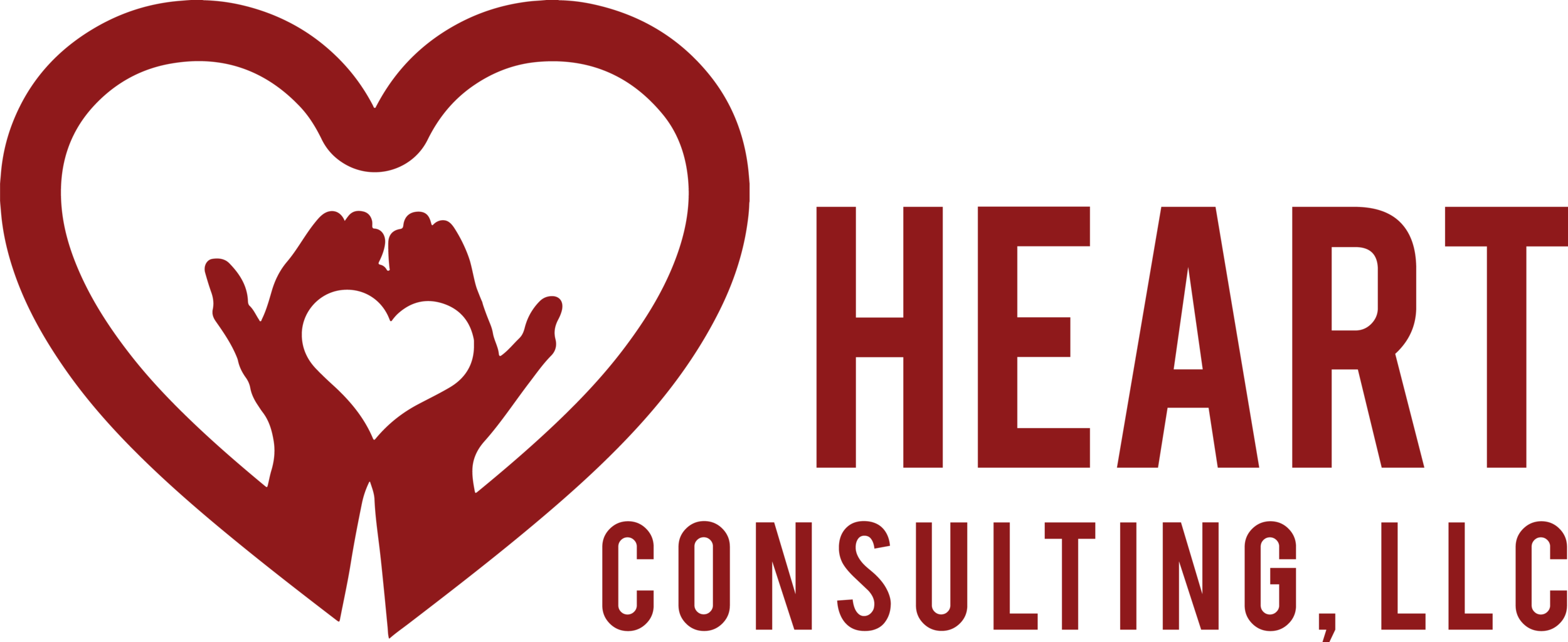Honoring Atlanta Victim
This week we saw yet another senseless act of violence in the US. Asian women were targeted by a young, white man. I don’t want to say that I’m desensitized to these types of stories, but I will admit that I’m not as surprised by them as I should be. When I heard about the incident, it was almost too easy to picture the person who committed these crimes, along with some of the backstory that drove his actions.
Toxic masculinity. White privilege. Sexual fetishes and addiction. Racism.
We live in a culture that teaches men to be dominant, sexually aggressive, and desired. When someone receives these messages, and then can’t live up to the impossible (and harmful) expectations, feelings of inadequacy build. However, we’ve also taught men that feeling sorry for themselves is not a desirable characteristic to portray, so those feelings turn into anger and aggression. Resulting in destruction. And to be clear, this was not simply because he was having a “bad day” or “at the end of his rope” as a police spokesperson stated. We all have bad days, and the vast majority of people do not turn those bad days into a mass murder.
The shooter admitted to targeting these particular businesses because of a sexual addiction, but won’t admit to targeting these women because of their race. It’s difficult to believe there isn’t a connection here, especially given the fact that Asian women are often fetishized in pornographic images and films. While there are a number of different subcultures that are fetishized, people with disabilities are often depicted in similar ways: submissive, child-like, easily manipulated, etc.
One of the things that makes it easiest to turn people with disabilities (or any marginalized group) into a fetish, is the fact that we don’t give them autonomy as sexual beings in the first place. When we fail to recognize a person as strong, independent, and sexually capable, it’s easier to imagine them in a submissive, or easily manipulated, role. This makes them the perfect target for someone who believes that they themselves should be dominant and controlling in sexual situations.
When a tragedy like this occurs, it takes time to fully process and heal from it. We remember the victims and grieve their loss. Then we take a step back, and examine the factors that led another person in our community to behave in such a despicable way. We take this information and reflect on our own lives, and any ways that we could be contributing to the overall belief systems that influenced this event.
I’m not saying that any one act could have prevented this, but I am saying that we have the power to challenge the systems that continue to plague our society, and it’s our responsibility to do exactly that.
Jordann Mason, Community Outreach Director
